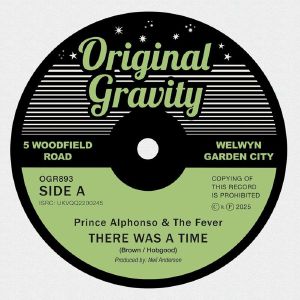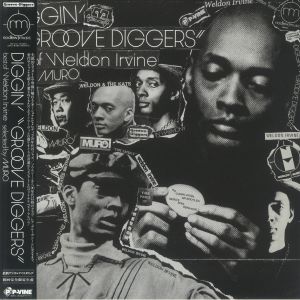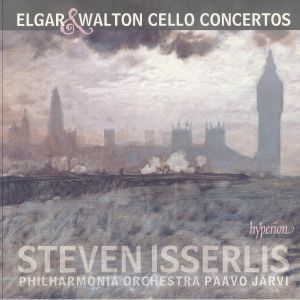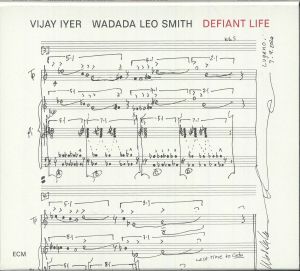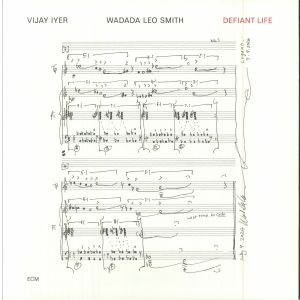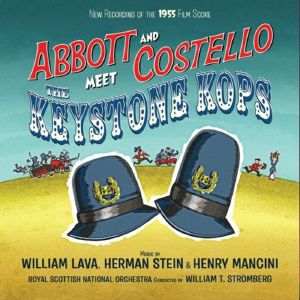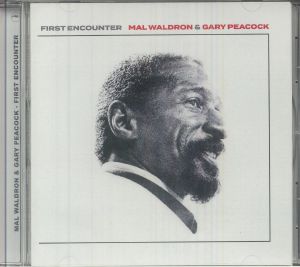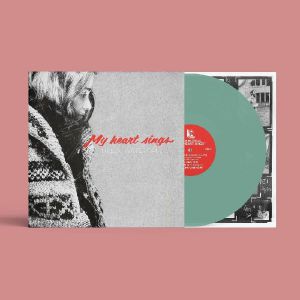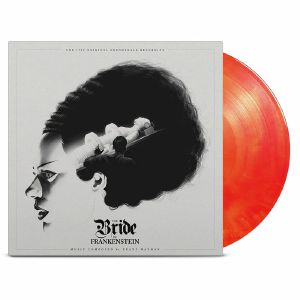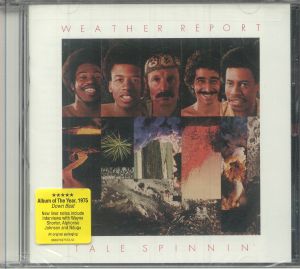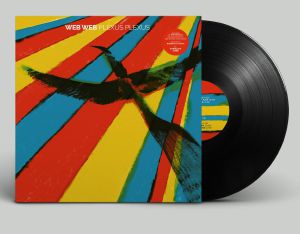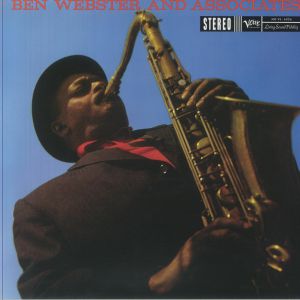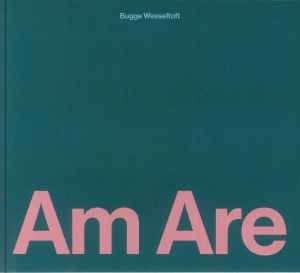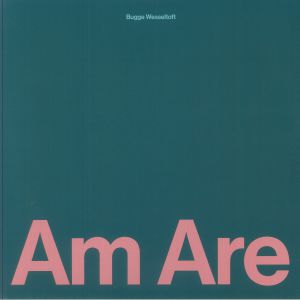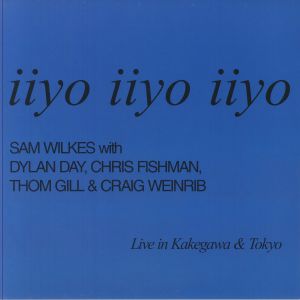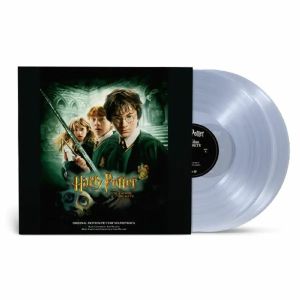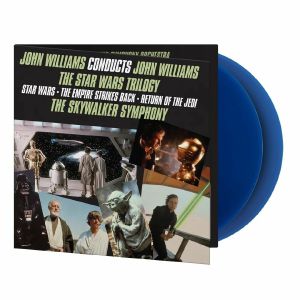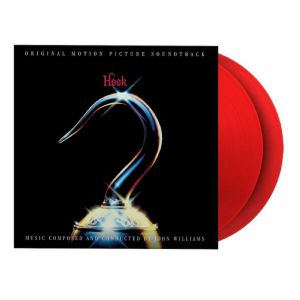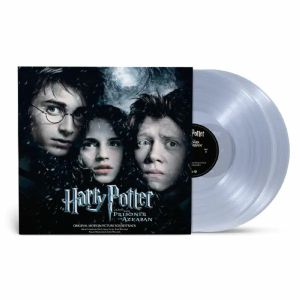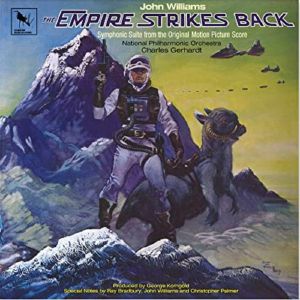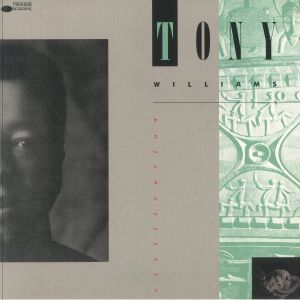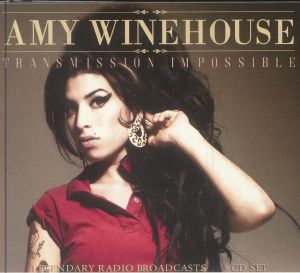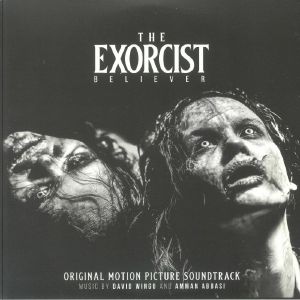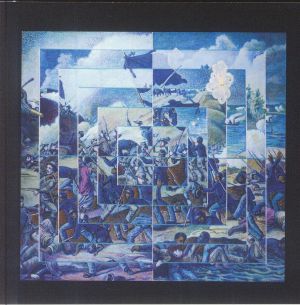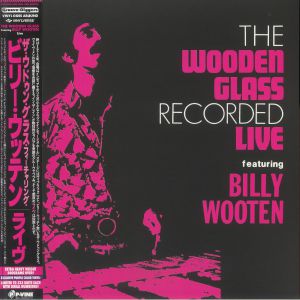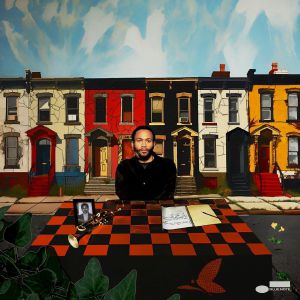Filter
Genre
在庫状況
アーティスト
Featured
リリースタイトル
値段
タグ
Back catalogue: All genres
Juno's full catalogue of All genres
シングル
in stock $12.47
アルバム
Diggin' Groove Digger: Best of Weldon Irvine (Japanese Edition) (LP with obi-strip)
Cat: PLP 7527. Rel: 18 Mar 25
Jazz
Review: Weldon Irvine was a pioneering musician whose innovative style and emotionally powerful melodies earned him admiration across generations and genres, from 1970s jazz and soul to 1990s club and rare groove scenes. Known for his versatility, Irvine left behind a legacy of timeless tracks and this best-of album, curated from his extensive catalogue, features eight standout songs that showcase his genius. The always-sensitive P-VINE presents this special collection in style and offers a comprehensive glimpse into the depth and breadth of Irvine's musical contributions, all of which highlight his lasting impact on the music world.
… Read more in stock $35.45
in stock $19.39
in stock $15.51
Review: The second album from Vijay Iyer and Wadada Leo Smith on ECM is a meditation on resilience, sorrow and the human condition. Across four expansive tracks on Defiant Life, Iyer's piano and Fender Rhodes intertwine with Smith's haunting trumpet to create a soundscape that's both urgent and serene. From the solemn depth of 'Sumud' to the shimmering melancholy of 'Floating River Requiem' and the radiant close of 'Procession: Defiant Life' notions of suffering, resistance and hope are explored. The record was recorded in Lugano and produced by Manfred Eicher. It's a deeply reflective work of emotional and spiritual resonance.
… Read morePlayed by: Juno Recommends Jazz
in stock $24.93
Cat: INT 7183. Rel: 08 May 25
Soundtracks
in stock $45.98
in stock $17.18
My Heart Sings (Record Store Day RSD 2025) ("starflower leaf green" vinyl LP)
Cat: DVKLP 03. Rel: 29 Apr 25
Folk/Americana
Played by: Miche
in stock $30.48
The Bride Of Frankenstein (Soundtrack) (reissue) (limited gatefold red & yellow hand poured vinyl 2xLP + booklet)
Cat: WW 085RY. Rel: 13 Mar 25
Soundtracks
Review: This deluxe vinyl reissue presents the original Bride of Frankenstein soundtrack featuring remastered audio, new artwork, and estate-approved likenesses of Elsa Lanchester. Directed by James Whale and starring Boris Karloff and Lanchester, the 1935 horror classic is widely regarded as one of cinema's greatest sequels and was rightly celebrated as Whale's masterpiece. The movie was added to the U.S. National Film Registry in 1998 for its cultural significance and this historic release has been sourced from master acetates at Syracuse University and Universal's archives and marks the first time the film's original score is available on vinyl.
… Read more in stock $37.67
in stock $14.96
Review: With their sixth album in seven years, German jazz quartet Web Web return with a fresh touch: Plexus Plexus is more psychedelic and at times far "Krautier" than before, representing a speedy departure from their previous Web Max release. Special guest JJ Whitefield (The Poets Of Rhythm, Karl Hector & The Malcouns, Syrup) weaves a remarkable guitar thread throughout, gluing its sound together through solo intermissions, riffs and vamps. In his style, we hear everything from The Poets of Rhythm and Syrup to the more psychedelic vibes of Karl Hector & The Malcouns, injecting the record with the zoomed-out energy of 70s jazz-Kraut bands. Departing from their last record, Web Web have truly a back-to-basics approach through spontaneity, riffing on the back of an intense three-day recording sesh in Munich.
… Read more! low stock $27.15
Ben Webster & Associates (Acoustic Sounds Series) (gatefold 180 gram vinyl LP)
Cat: 757360 7. Rel: 09 May 25
Jazz
Review: Ben Webster and Associates marked the final collaboration between tenor saxophone legends Ben Webster and Coleman Hawkins, with veteran Budd Johnson joining them. The album was originally released in 1959 and featured a lineup including trumpeter Roy Eldridge, guitarist Les Spann, pianist Jimmy Jones, bassist Ray Brown and drummer Jo Jones. It has many timeless standards like 'Time After Time' and Ellington's 'In a Mellow Tone' along with three original Webster compositions, all of which have been transferred from the original analogue tapes and remastered. The album served somewhat as a tribute to Lester Young, a tenor master from the same era who had died under a month before the session.
… Read more in stock $39.88
in stock $32.97
Played by: Juno Recommends Broken Beat Nu Jazz
in stock $16.90
Review: Norwegian pianist and composer Bugge Wesseltoft, a jazz innovator known for the diversity of his sound, is back with 'Am Are,' which is an expressive exploration of many sonic textures and dynamic contrasts. This album showcases Wesseltoft's inspiring collaborations with a constellation of superb musicians who bridge generations and styles. From sparse arrangements to complex layers of dubs and loops, Am Are highlights the power of human connection through improvisational interplay. Wesseltoft's curated selection demonstrates his passion for projects that spark creativity and celebrate the beauty of musical communication and make another fine addition to his catalogue.
… Read morePlayed by: Juno Recommends Broken Beat Nu Jazz
in stock $39.61
Cat: DIALP 933. Rel: 20 Mar 25
Experimental/Electronic
Review: "One might thus regard the Welsh rarebit as a Machine in which a process is applied to the conditioning and perception of the world of bread and cheese." Suffice to say, John White might not have had the same ideas about what constitutes Machine Music back in 1976 as you do today. This is also the first time we've ever managed to get a reference to Welsh rarebit into the first line of writing about a record, so everyone is learning something today. "The Machines" White refers to are the individual tracks themselves, all recorded between 1967 and 1972 and all comprising different combinations of a thing. Six pairs of "bass melody instruments" made 'Autumn Countdown Machine', different permutations of "the articulations 'ging, gang, gong, gung, ho!'" comprise 'Jews Harp Machine'. And 'Son of Gothic Chord' is crafted from the sequential chord progression of four keyboard players, spanning an octave. Conceptual experimental and wildly imaginative stuff on the borderline of electronica, abstract, mathematical and something otherworldly.
… Read more in stock $29.10
in stock $42.66
Harry Potter & The Chamber Of Secrets (Soundtrack) (Record Store Day RSD 2025) (gatefold clear vinyl 2xLP)
Cat: RCV 183574. Rel: 22 Apr 25
Soundtracks
in stock $55.40
John Williams Conducts The Star Wars Trilogy (May The 4th Be With You Edition) (limited numbered 180 gram audiophile transparent blue vinyl 2xLP)
Cat: MOVATM 415B. Rel: 30 Apr 25
Soundtracks
in stock $45.43
Hook (Soundtrack) (limited numbered 180 gram audiophile translucent red vinyl 2xLP)
Cat: MOVATM 440C. Rel: 24 Apr 25
Soundtracks
in stock $43.50
Harry Potter & The Prisoner Of Azkaban (Soundtrack) (Record Store Day RSD 2025) (gatefold clear vinyl 2xLP)
Cat: RCV 183711. Rel: 22 Apr 25
Soundtracks
in stock $55.40
The Empire Strikes Back: Symphonic Suite From the Original Motion Picture Score (Soundtrack) (limited gatefold "dark side" red marbled vinyl LP)
Cat: VAR 1696141. Rel: 30 Apr 25
Soundtracks
in stock $33.23
Review: American jazz drummer Tony Williams rose to acclaim as a member of Miles Davis' so-called 'Second Great Quintet'. He later went on to pioneer jazz fusion with the group and formed his own outfit, the Tony Williams Lifetime. In 1986 he released 'Civilization', which marked a triumphant return to Blue Note and a great window into his visionary approach to jazz. Leading a stellar acoustic quintet with Wallace Roney (trumpet), Billy Pierce (sax), Mulgrew Miller (piano) and Charnett Moffett (bass), Williams served up a dynamic set of original compositions that pulse with intensity and technical brilliance, as well as emotional depth, while taking post-bop tradition into new relays. Each player brings sharp improvisational insight, but it's Williams' explosive yet precise drumming that anchors the session.
… Read more in stock $29.91
in stock $14.40
The Exorcist: Believer (Soundtrack) (B-STOCK) (gatefold 180 gram black & white swirl vinyl 2xLP + booklet)
Cat: WW 201 (B-STOCK). Rel: 01 Jan 90
Soundtracks
B-STOCK: Creasing to corner of outer sleeve but otherwise in excellent condition
in stock $38.78
Cat: ESPD 50892. Rel: 11 Mar 25
Jazz
in stock $15.51
The Wooden Glass Recorded Live (reissue) (limited numbered heavyweight purple vinyl LP + insert with obi-strip)
Cat: PVLP 1000. Rel: 27 Mar 25
Jazz
Review: Often touted as a "masterpiece of jazz-funk live albums," The Wooden Glass's 1972 live recording proves it's more than just hype. Featuring vibraphonist Billy Wooten who previously played with Grant Green, this record was recorded at Indianapolis' The 19th Hole club and captures the essence of fusion driven by soulful 60s influences. Wooten's gentle melodies contrast with the gritty, distorted sound of Harold Cardwell's powerful drumming and Emmanuel Riggins' Hammond organ while the energetic performance from the band, including guitarist William Roach, creates a tapestry of intensity and dreamlike vibes. It's raw, electrifying, high-energy jazz.
… Read more in stock $58.18
in stock $14.40

 USD
USD






